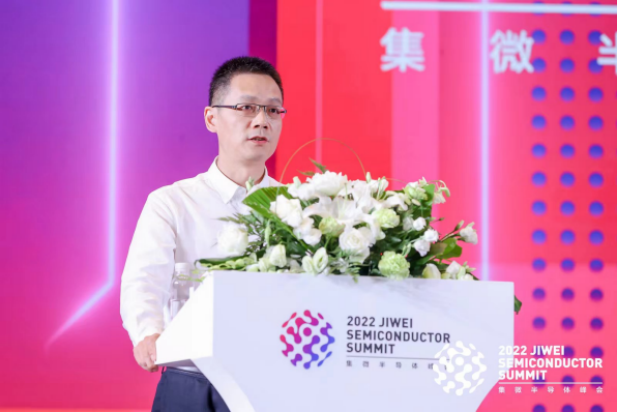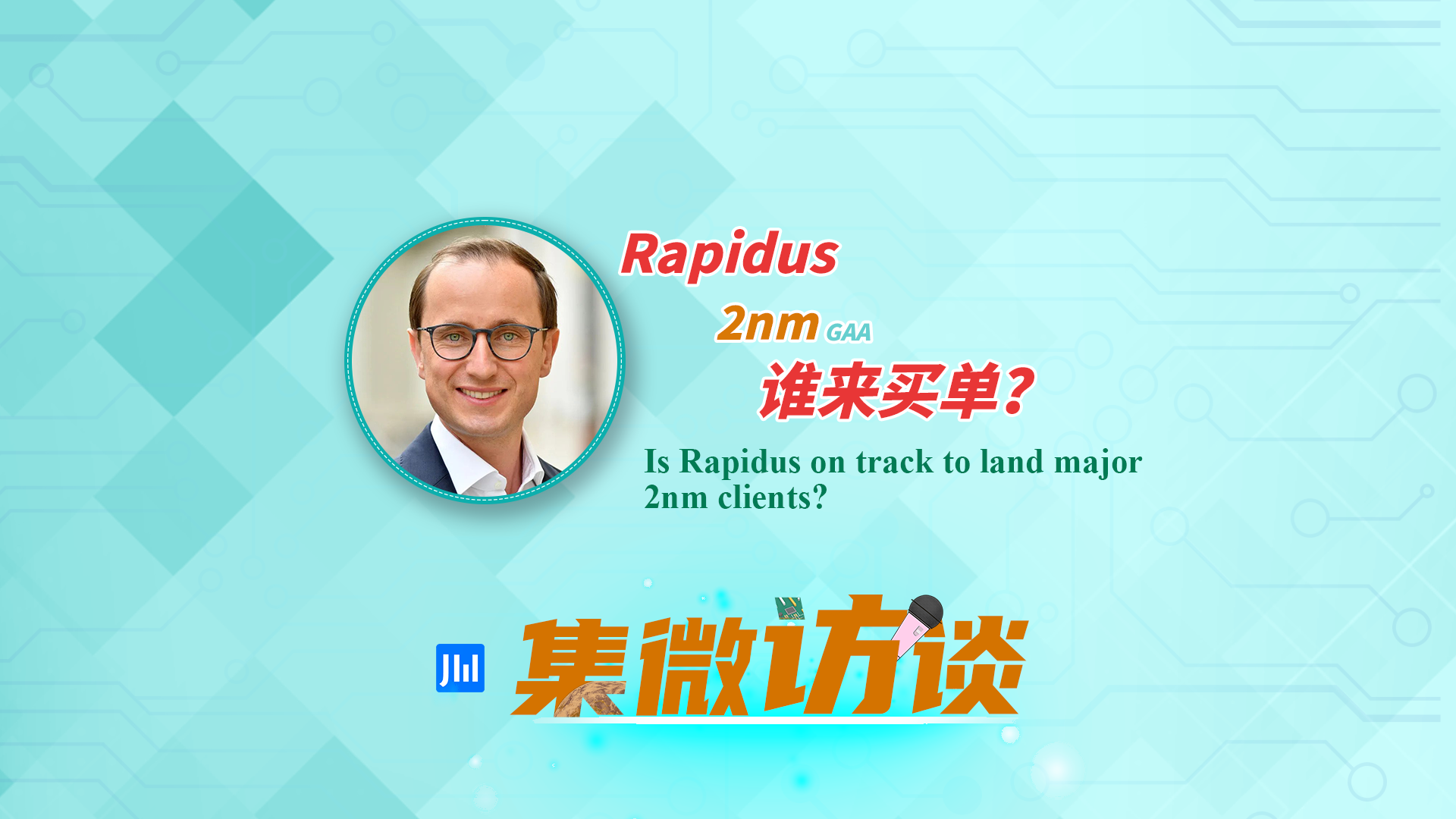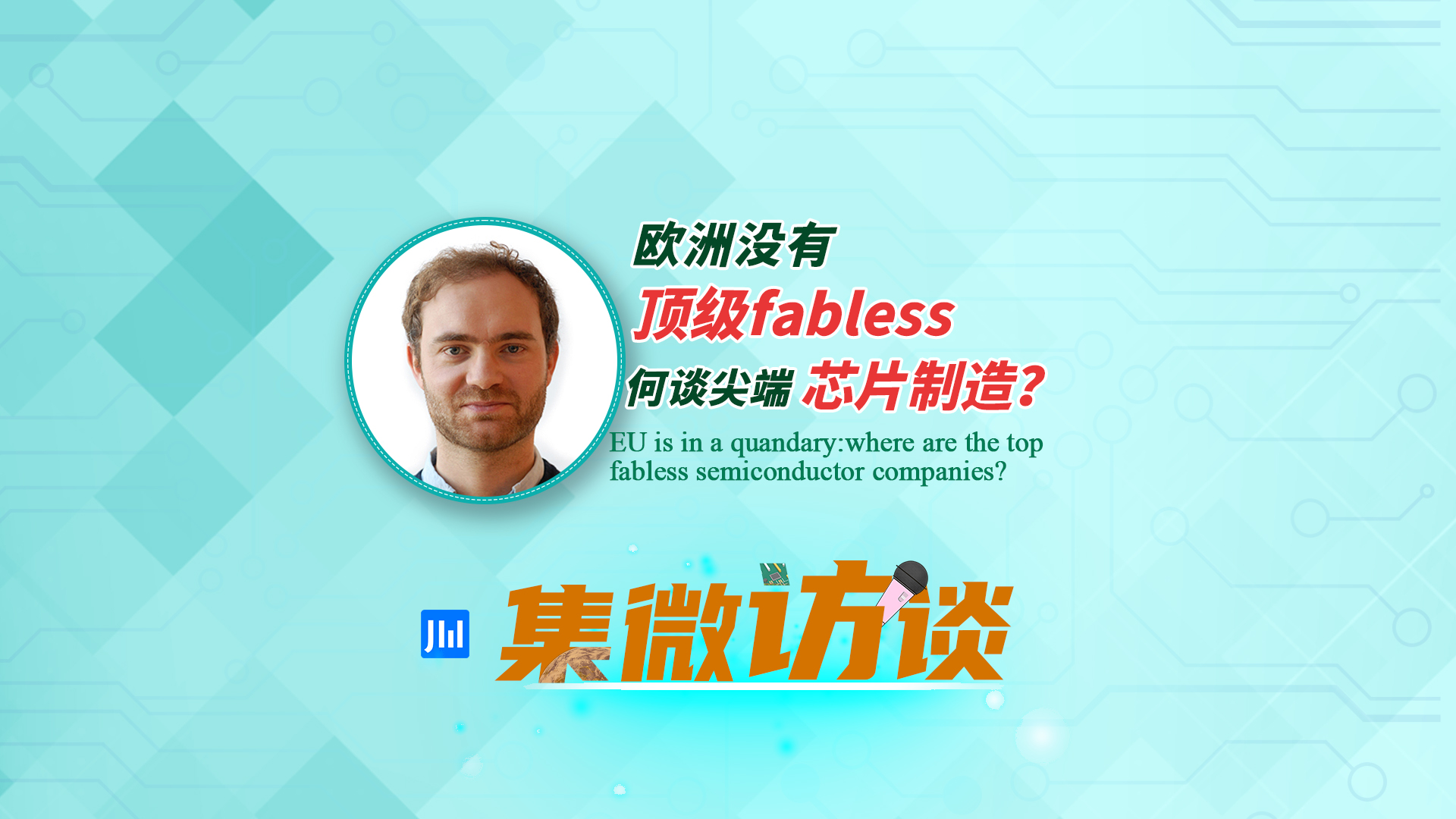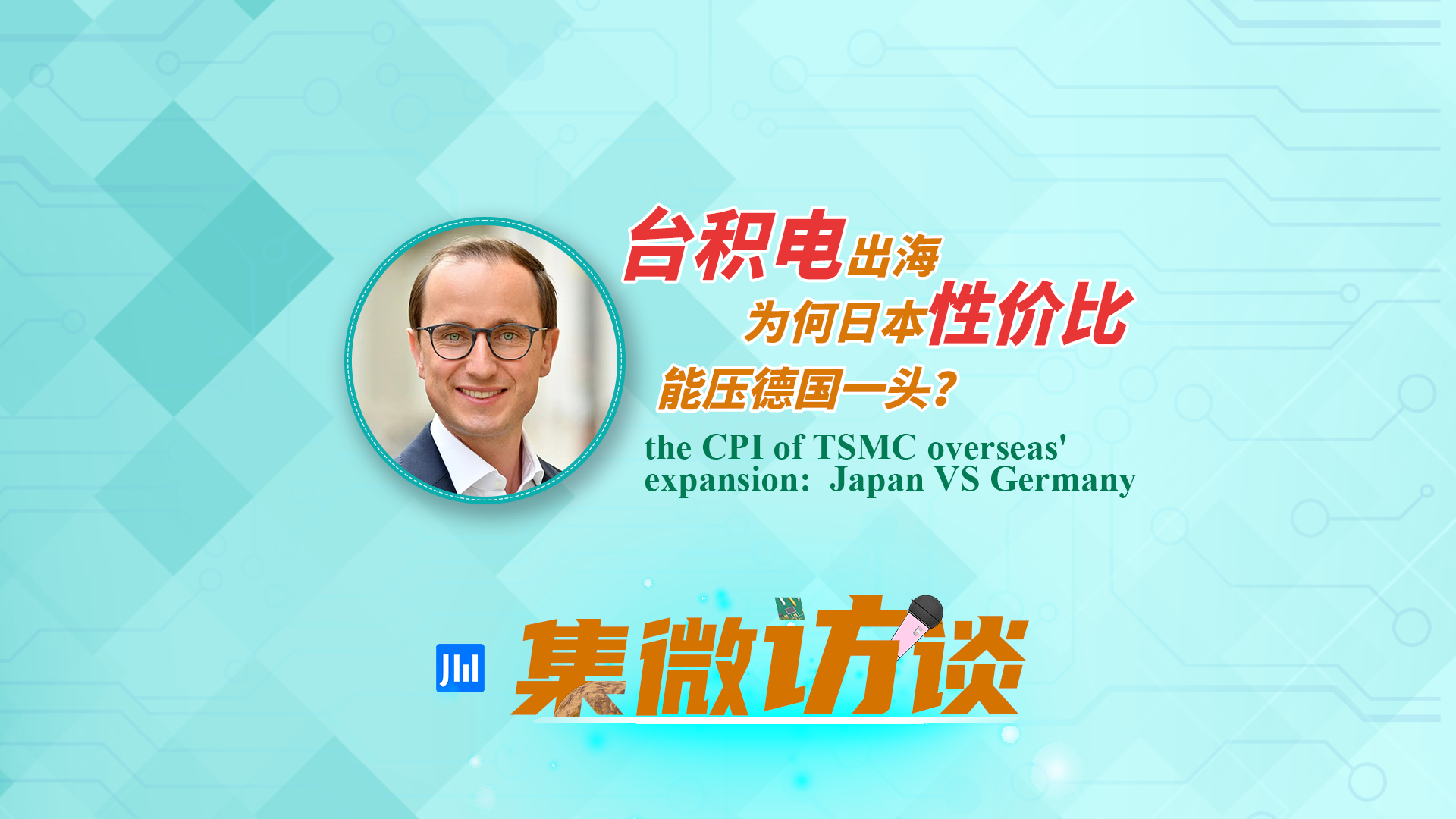By Li Panpan
China will adhere to international cooperation, break the bottleneck of supply and demand, and actively maintain the security and stability of the global supply chain. This is a key point made by Yang Xudong, deputy director of the electronic information Department of the Ministry of Industry and Information Technology (MIIT), in his keynote speech at the 6th JWSS (Jiwei Semiconductor Summit) on July 16 in Xiamen of southeastern China’s Fujian Province.

Under the title “The situation, tasks and issues we face,” Yang’s speech expounded the situation, tasks, development status, and advantages of China’s semiconductor industry and existing difficulties, measures and future potentials for the industry. Excerpts from Yang’s speech:
China is in a time of big changes unseen in a century, and the chip industry is standing at the head of those changes to come.
Since joining the WTO, China has fully participated in the international market with its comparative advantages in the semiconductor industry, which firstly were resources and low costs, and later became a complete industrial chain and broad market. These advantages are still changing due to geopolitical changes.
The current difficulties faced by global market are the pandemic and industry chaos caused by de-globalization.
The chip industry is ultra-high technical, ultra-high intensive in investment, ultra complex with ultra-long chain, destined for it to evolve into a global division of labor and cooperation. It is destined to be uneconomical and inefficient for a country or a specific region to try to build a complete industrial chain. The intervention of one country has artificially split the naturally formed global industrial system, leading to great chaos in the industrial order.
China will adhere to international cooperation, break the bottleneck of supply and demand, and actively maintain the security and stability of the global supply chain. And we need to jump out of the traditional industrial circle, ask the upstream for help, and ask the downstream for advice.
The chip industry participants should work together to make the industry less chaotic, return the industry to a smooth global order of division of labor and cooperation, and jointly serve and support the needs of economic and social development.
Interference will only block, but not stop the inherent needs of the industry’s global division of labor and cooperation. The chip industry will still form a new pattern of global division of labor and cooperation in which China will not be satisfied only to be a follower, but also a leader, contributing China’s technology industry strength more to the global industry.









